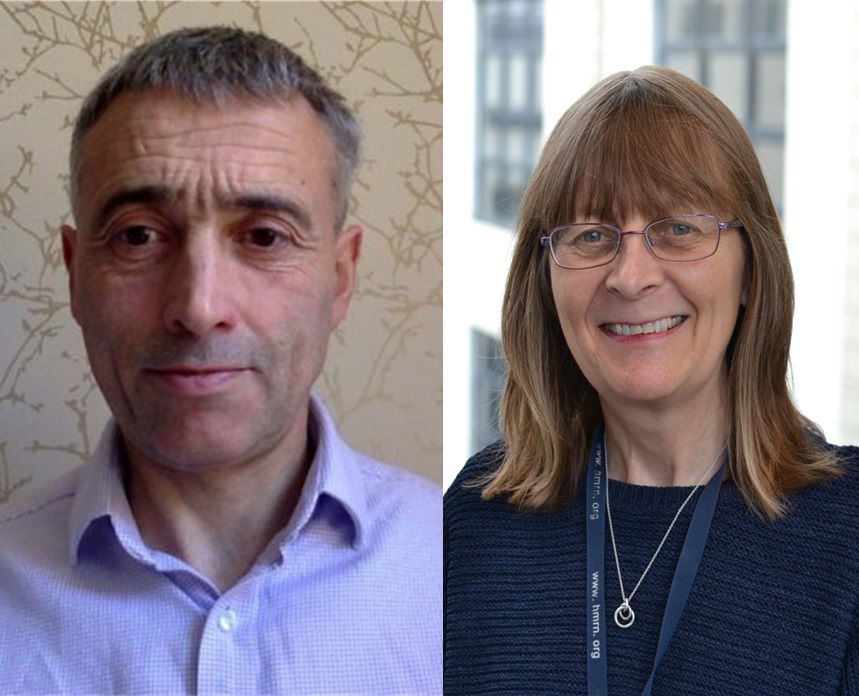
Using the latest scientific technologies, our vision is to significantly improve the health and wellbeing of patients with blood-related cancers through innovations in diagnosis and targeted interventions.
Overview
Haematology Theme focuses on improving detection and treatment of blood cancers, such as leukaemia, lymphomas, myeloma, and other blood cell disorders.
In the UK:
- 45,000 people are diagnosed with blood cancer or a related pre-cancerous condition every year
- Over 200,000 people have had blood cancer diagnosis in the last 10 years
- The average cost of treating a patient for blood cancer is twice that of other cancers
- Over half of blood cancers are currently incurable
Many people are diagnosed with these conditions later in life, and the therapy options available are often not the best choice for their care.
Using the latest scientific technologies, our vision is to significantly improve the health and wellbeing of patients with blood-related cancers through innovations in diagnosis and targeted interventions.
Underpinned by our globally leading research, we will identify the determinants of poor outcomes, enabling the development of new personalised-treatment strategies.
Linking disease biology with markers of aging and frailty identified in WS1, WS2 and WS3, will enable us to track disease evolution along the patient pathway, defining critical points and optimal treatment choices for testing in future clinical trials.
WS1: Immunosenescence and mature B-cell malignancies
WS2: Immunity, inflammation and clonal haematopoiesis
WS3: Population-based epidemiology and data science

Lead: Professor Gordon Cook
With diverse treatments and outcomes, mature B-cell malignancies account for around three-quarters of blood cancers.
Understanding the interaction between treatment, the unique biology of the disease and how a person’s body responds is key to delivering more personalized treatments and improving results for patients.
Using clinical and real-word datasets we are exploring the impact of B-cell malignancies on a wide-range of factors, including T- and B-cell clonality, telomere biology, gene expression and mitochondrial dysfunction.
Using these methods, we will clarify the relationship between response biology and patient outcomes, resulting in new trial designs and therapy strategies.

Lead: Dr Darren Newton
Clonal haematopoiesis affects large percentages of older people and is a common feature of age-related genetic damage in haematology.
Understanding the role of inflammation and immune selection in these processes is key to developing therapies for conditions such as paroxysmal nocturnal haemoglobinuria (PNH) and VEXAS syndrome.
Our work aims to integrate our research in immunology and haematology to understand the connections between non-cancerous haematological clonality and multisystem development of disease.
Our research’s world-leading insights into these rare conditions aims to better our understanding of their causes and progression and deliver improvements in patient treatment, outcomes and quality of life.

Leads: Professor David Westhead & Professor Eve Roman
Collecting accurate information about patient characteristics and treatment is vital for creating new therapies and understanding their effectiveness across the wider population.
By combining NHS laboratory and scanning data with clinical information and demographic variables gathered from a population of ~4 million people (HMRN), we aim to develop new bio-markers to improve outcomes across the national patient population.
